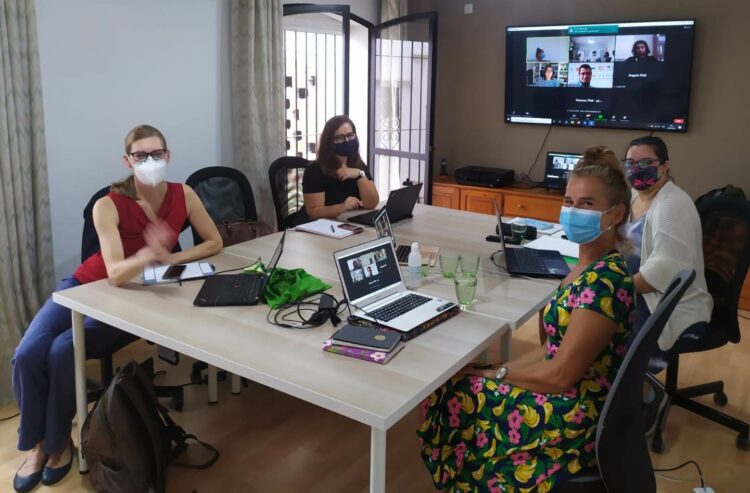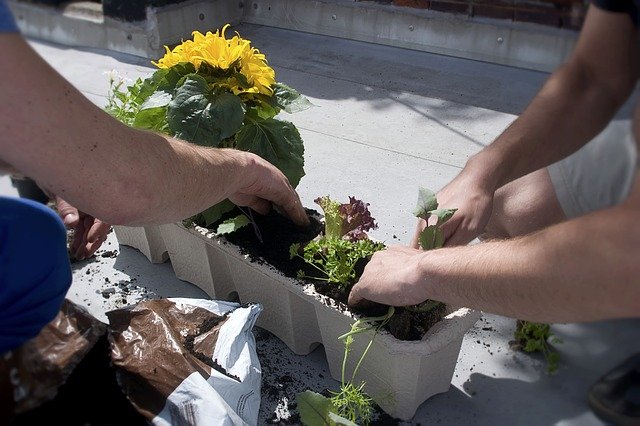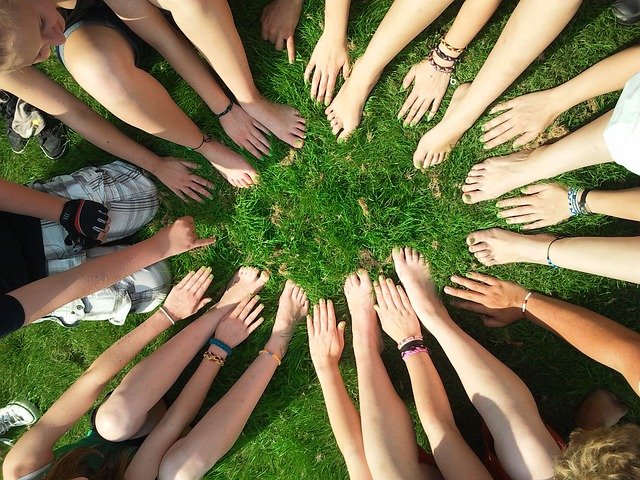After all these months of lock-down and virtual meetings the partners have eventually met for the first time in Malaga-Vélez in Spain in early September. It was a great pleasure to finally see each other live for the first time … and it was also the first meeting ever for all of us after all Continue reading
Sabine Wiemann
Every-day aspects of climate education
Based on the research phase the partners have developed more than 60 micro-units describing learning activities that are tailored to the educational needs of disadvantaged adults and cover relevant every-day aspects of climate education within six main topics: Climate Change and Personal Impact; Waste and Packaging; Personal Choice – Food & Nutrition; Personal Choice: Consumption Continue reading
Launch of first newsletter
The consortium has recently launched the first project newsletter dedicated to the results of the research phase. Find the newsletter here.
European Report “Climate Education for Disadvantaged Adults”
The Climate Box consortium has recently launched “Climate Education for Disadvantaged Adults” report, the 1st intellectual output of the Climate Box project. The report is a result of substantial desk research in all participating countries formed from two elements: the collection of good practices and qualitative interviews with educational and social professionals on the topic Continue reading
“We want to inspire and not preach!”
During the 2nd transnational meeting on 10th of March, 2021, the partners discussed the findings from the research phase and drew conclusions in terms of developing the trainer offer consisting of min. 60 micro-units that can be flexibly used by trainers in their respective learning contexts. The findings of the research show that climate change Continue reading
Unbox it!
The project aim is to develop a broad variety of learning activities that trainers can easily implement in many different learning settings. The partners have come up with a suitable motto, which reflects the idea that the activities are described in such a way that they can be carried out in one’s own training without Continue reading






